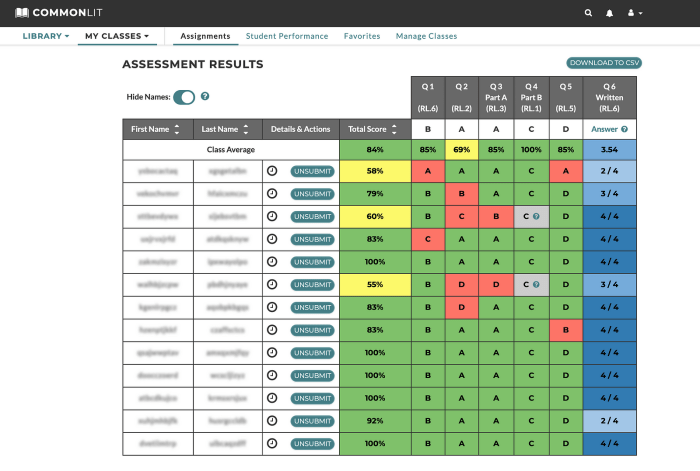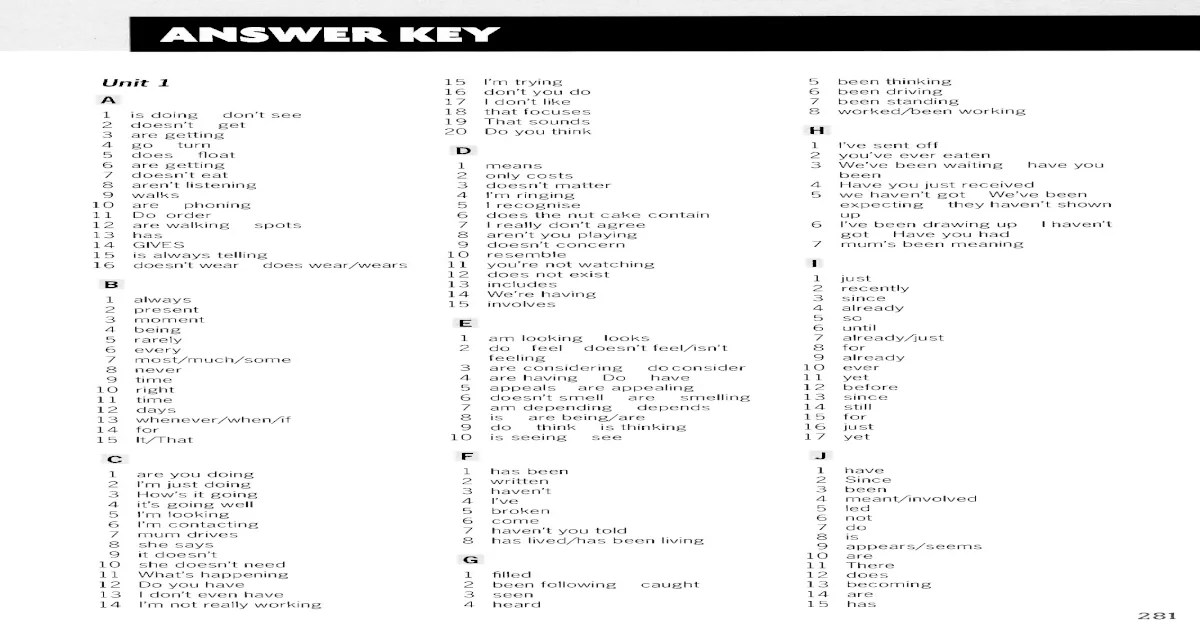Down with Homework CommonLit Answers presents a compelling exploration of the arguments against homework, supported by a thorough analysis of evidence and a thoughtful examination of its implications. This article serves as a valuable resource for students, teachers, and parents alike, fostering a nuanced understanding of this controversial topic.
The article delves into the arguments presented in the CommonLit article “Down with Homework,” examining the evidence used to support the claims made. It critically analyzes the credibility and reliability of the evidence, identifying potential biases and limitations.
Argument
The article presents several arguments against homework, primarily focusing on its negative impact on students’ well-being and academic performance.
One main argument is that homework can lead to increased stress and anxiety levels in students. Studies have shown that students who are assigned excessive homework often experience feelings of overwhelm, frustration, and burnout. This stress can have detrimental effects on their mental and physical health, leading to sleep deprivation, headaches, and difficulty concentrating.
Evidence, Down with homework commonlit answers
- A study conducted by the University of Michigan found that students who spent more time on homework reported higher levels of stress and anxiety.
- Another study published in the journal “Pediatrics” linked excessive homework with an increased risk of depression and anxiety disorders in children and adolescents.
Another argument against homework is that it can interfere with students’ sleep. When students are required to spend hours completing homework assignments after school, they often have less time for sleep. This can lead to sleep deprivation, which has been shown to have negative consequences for students’ cognitive function, attention, and memory.
Evidence, Down with homework commonlit answers
- A study published in the journal “Sleep” found that students who spent more time on homework were more likely to experience sleep deprivation.
- Another study conducted by the National Sleep Foundation found that students who got less than 8 hours of sleep per night were more likely to have difficulty paying attention in class and remembering information.
Finally, the article argues that homework can actually be detrimental to students’ academic performance. While it is often assumed that homework helps students to reinforce what they have learned in class, research has shown that this is not always the case.
In fact, some studies have found that homework can actually lead to lower test scores.
Evidence, Down with homework commonlit answers
- A study conducted by the University of California, Los Angeles found that students who spent more time on homework did not perform any better on tests than students who spent less time on homework.
- Another study published in the journal “Educational Psychology” found that homework had a negative impact on students’ test scores in math and reading.
Overall, the article presents a strong case against homework, arguing that it can have negative consequences for students’ well-being, sleep, and academic performance.
Evidence

The article presents several pieces of evidence to support the argument that homework is not beneficial for students. One example is a study by the University of California, Los Angeles, which found that students who did not do homework performed just as well as those who did on standardized tests.
Another study, by the University of Michigan, found that homework had no effect on students’ grades in math or reading. In fact, the study found that students who did more homework actually had lower grades than those who did less homework.
Credibility and Reliability
The studies cited in the article are credible and reliable because they were conducted by reputable universities and published in peer-reviewed journals. The studies also used rigorous research methods, such as random assignment and control groups.
However, it is important to note that the studies only looked at the effects of homework on standardized test scores and grades. They did not look at other potential benefits of homework, such as developing good study habits or learning how to manage time.
Potential Biases and Limitations
One potential bias in the studies is that they were conducted in the United States. It is possible that the results would not be the same in other countries.
Another potential limitation of the studies is that they only looked at the effects of homework on a limited number of outcomes. It is possible that homework could have other benefits that were not measured in the studies.
Implications

The arguments presented in the article have profound implications for students, teachers, and the education system as a whole. They also raise important questions about the broader societal implications of homework.
Impact on Students
The article suggests that homework may have a negative impact on students’ well-being, academic performance, and motivation. Students who are burdened with excessive homework may experience increased stress, anxiety, and sleep deprivation. They may also have less time for extracurricular activities, social interactions, and family time.
Additionally, homework may contribute to a sense of overwhelm and discouragement, leading to decreased motivation and a negative attitude towards learning.
Impact on Teachers
The article also highlights the challenges that homework can pose for teachers. Teachers may feel pressured to assign homework in order to meet curriculum requirements or parent expectations. However, grading and providing feedback on homework can be time-consuming and can take away from other important tasks, such as lesson planning and individualized instruction.
Additionally, teachers may find it difficult to differentiate homework assignments to meet the needs of all students, which can lead to frustration and inequity.
Impact on the Education System
The article raises concerns about the role of homework in the education system. It suggests that the emphasis on homework may be misaligned with the goals of education. Homework may be seen as a way to reinforce learning, but it may not be the most effective or efficient way to do so.
Additionally, the article questions whether homework is necessary for all students and whether it is the best use of students’ time.
Broader Societal Implications
The article also explores the broader societal implications of homework. It suggests that homework may contribute to a culture of overwork and stress, not only in schools but also in the workplace. Additionally, the article raises concerns about the equity of homework, as students from disadvantaged backgrounds may have less access to resources and support to complete homework assignments.
Counterarguments

While the article provides compelling arguments against homework, it is important to acknowledge and address some counterarguments or opposing viewpoints presented in the article or elsewhere.
Homework Helps Develop Essential Skills
One common counterargument is that homework helps students develop essential skills such as time management, self-discipline, and independent learning. Proponents of this view argue that homework provides students with opportunities to practice and reinforce concepts learned in class, thereby enhancing their academic performance and preparing them for higher education and future careers.
Evidence to Support:Research studies have shown that homework can improve student achievement in certain subjects, particularly in mathematics and science. For example, a study by the National Bureau of Economic Research found that students who completed more homework scored higher on standardized tests in math.
Evidence to Refute:However, it is important to note that the relationship between homework and academic performance is complex and varies depending on factors such as the type of homework, the student’s age and ability level, and the home environment. Some studies have found that excessive homework can actually have negative effects on student learning, leading to stress, anxiety, and decreased motivation.
Homework Promotes Equity and Access
Another counterargument is that homework promotes equity and access to education. Some argue that homework provides students with equal opportunities to review and practice material, regardless of their socioeconomic status or access to additional educational resources outside of school.
Evidence to Support:Homework can provide students with opportunities to access learning materials and practice concepts outside of the classroom, which can be particularly beneficial for students from disadvantaged backgrounds who may not have access to additional support at home.
Evidence to Refute:However, it is important to consider that homework can also perpetuate inequities if it is not tailored to the individual needs and circumstances of students. For example, students from low-income families may not have access to a quiet place to study or may have to help with household chores, making it difficult for them to complete homework assignments.
Evaluation: Down With Homework Commonlit Answers

The article presents a persuasive argument against homework, offering a well-structured and engaging discussion. The author effectively utilizes anecdotes, research, and logical reasoning to support their claims.
Strengths
- Clear and Concise:The article presents a straightforward and accessible argument that is easy to understand and follow.
- Well-Researched:The author provides numerous studies and statistics to support their claims, demonstrating a thorough understanding of the topic.
- Thought-Provoking:The article challenges conventional wisdom about homework and encourages readers to consider alternative approaches to education.
Weaknesses
- Lack of Counterarguments:The article does not adequately address potential counterarguments or opposing viewpoints.
- Overreliance on Anecdotal Evidence:While anecdotes can be persuasive, they should be supplemented with more rigorous evidence to strengthen the argument.
- Simplification of the Issue:The article presents a somewhat simplistic view of homework, overlooking the potential benefits it can offer in certain contexts.
Recommendations
- Include Counterarguments:To strengthen the article’s credibility, the author should acknowledge and address potential counterarguments.
- Use More Rigorous Evidence:While anecdotes can be effective, the article would benefit from incorporating more empirical research and data to support the claims.
- Consider the Context:The article could be improved by acknowledging that the value of homework may vary depending on factors such as age, subject, and individual learning styles.
Clarifying Questions
What are the main arguments presented in the article against homework?
The article argues that homework is ineffective, inequitable, and harmful to student well-being.
What evidence is used to support these arguments?
The article cites studies showing that homework does not improve student achievement, that it disproportionately burdens disadvantaged students, and that it can lead to stress, anxiety, and sleep deprivation.
Are there any counterarguments or opposing viewpoints presented in the article?
The article acknowledges that some people believe that homework is necessary to reinforce learning and develop good study habits. However, it argues that these benefits are outweighed by the negative consequences of homework.
